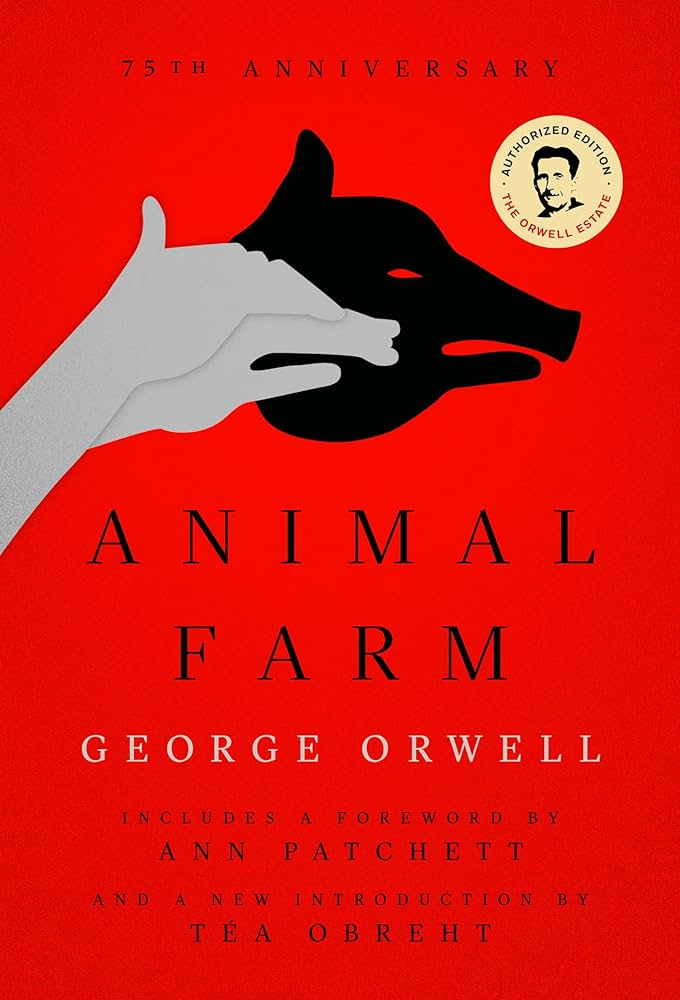I have always believed that books, as vehicles of thought and reflection, can be viewed through various lenses—historical records, artistic expressions, or philosophical treatises, to name a few.
One intriguing perspective is to consider books as syllogisms, a view that opens a rich dialogue about their structure, intent, and impact on communities.
In short, a syllogism is a form of deductive reasoning consisting of a major premise, a minor premise, and a conclusion. This logical structure helps in arriving at a conclusion based on two premises that are assumed to be true.
When we transpose this concept to the realm of books, we can view the narrative or argument of a book as a syllogism. The major premise sets the scene or context, the minor premise introduces characters or specific arguments, and the conclusion ties everything together, offering insight or resolution. This analogy encourages readers to engage critically with texts, deciphering the underlying logic or message.
Several classic and contemporary books reflect thematic syllogisms, either through their narrative structure or the philosophical arguments they present. For instance, George Orwell's "Animal Farm" can be seen as a syllogism on the corruption of revolutionary ideals.
The major premise could be that revolutions aim to establish equality. The minor premise presents that in "Animal Farm," power becomes concentrated in the hands of a few. The conclusion drawn is that revolutions can lead to new forms of tyranny, illustrating the book's cautionary tale about power and corruption.
Similarly, Jane Austen's "Pride and Prejudice" explores the themes of misunderstanding and societal judgment. The major premise might state that societal norms influence personal judgments.
On the other hand the minor premise shows how Elizabeth Bennet and Mr. Darcy judge each other based on pride and prejudice. The conclusion, reached through the unraveling of these judgments and the overcoming of societal pressures, champions understanding and love as foundations for relationships.
The significance of viewing books as syllogisms extends beyond academic exercise; it fosters community, connection, and conversation. By engaging with a book's underlying logical structure, readers are invited into a deeper dialogue with the text, the author, and other readers.
This approach demystifies complex narratives or arguments, making them more accessible and relatable. Book clubs, literary discussions, and educational settings can use this perspective as a tool to explore diverse interpretations and insights, encouraging participants to share and reflect on their own experiences and understandings.
Moreover, considering books as syllogisms reinforces the idea that reading is an active, interpretive process. It highlights the role of the reader in completing the "logical" loop that authors initiate.
This dynamic interaction between text and reader fosters a sense of connection, not only to the book itself but to the broader community of readers who share in the experience of unraveling its meanings.
Furthermore, in a world increasingly characterized by polarized opinions and fragmented communities, books as syllogisms offer a common ground for dialogue and understanding.
They serve as catalysts for conversation, challenging readers to question and consider different perspectives within a structured logical framework. This can lead to a more nuanced appreciation of complex issues and foster empathy and connection among individuals.
As I see it, viewing books as syllogisms offers a rich framework for understanding their structure and impact. It emphasizes the logical underpinnings of narratives and arguments, encouraging readers to engage critically with texts.
Famous works like "Animal Farm" and "Pride and Prejudice" exemplify how thematic syllogisms can illuminate core messages and themes.
Beyond academic analysis, this perspective has profound implications for community building, offering a pathway to deeper connections and conversations. By inviting readers into a shared journey of discovery and interpretation, books as syllogisms remind us of the power of reading to unite, challenge, and inspire.
Join Us Today and Support Independent Writing
As a supporting member of "Great Books, Great Minds," you'll dive deeper into a world where your book passions thrive. For just $6 a month or $60 a year, you unlock exclusive access to a close-knit community eager to explore groundbreaking reads.
You won't just take in a book; you'll engage in meaningful conversations, connect on a more profound level with fellow book lovers, and enjoy VIP discussions with bestselling authors.
Plus, you'll receive handpicked book recommendations tailored for you. This is your chance to be at the heart of a community where literature bridges souls and authors share their secrets, all thanks to your support.
In the spirit of community, connection, and conversation, please join us today. Always stay thirsty for a great book
Diamond-Michael
Independent Journalist and Global Book Ambassador







Great perspectives like this is why I read and subscribe to Substack! Thank you for helping to make my day.
Excellent and thought provoking article, Michael.